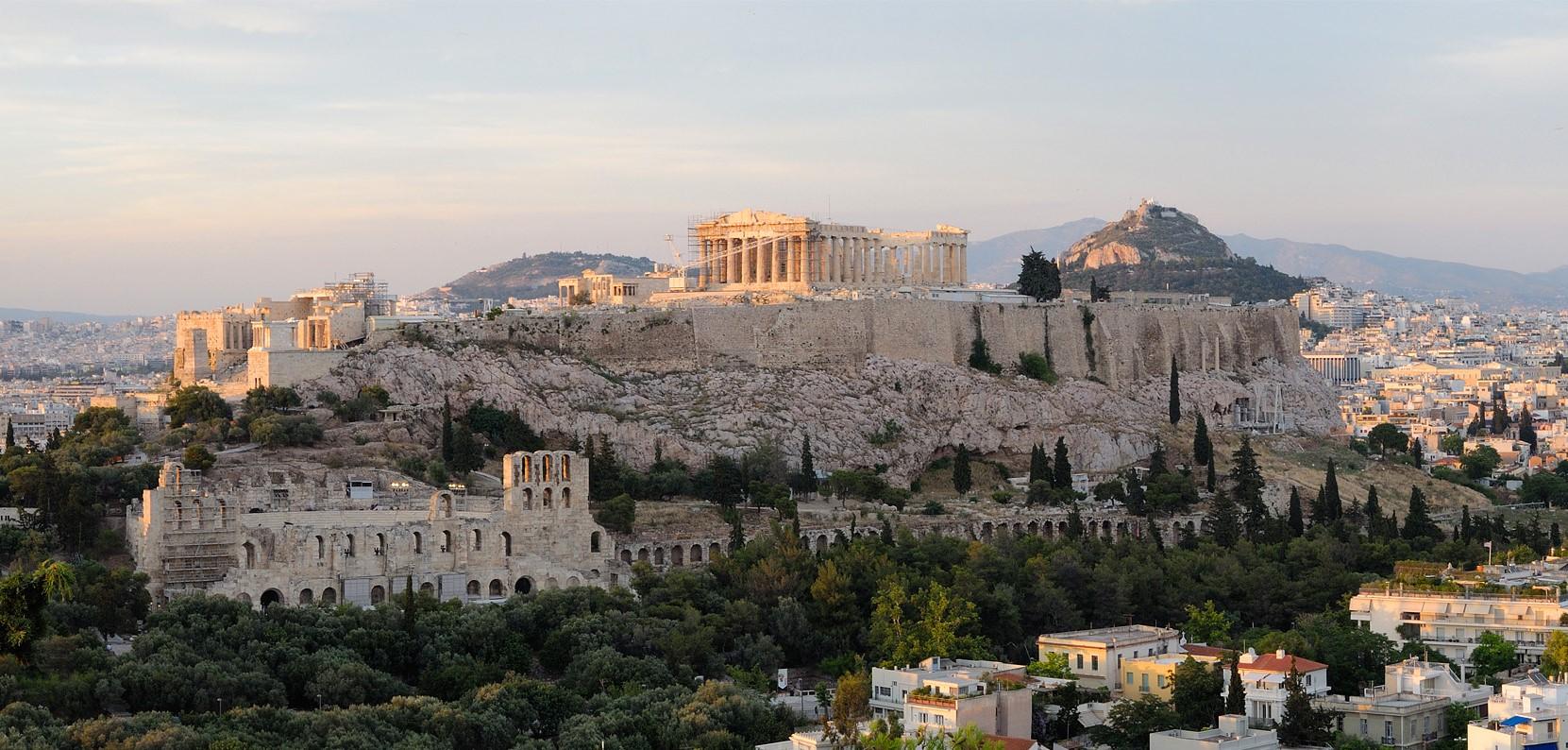From Bulgaria to Greece, a journey through Antiquity
Itinerary - 7 days
Day 1 - Ancient City of Nessebar, Bulgaria
If you are arriving by plane, you can take a bus that will bring you to the city centre of Nessebar, which is 25 kilometres away. Nessebar is well connected by bus throughout the year. The town’s bus station is on a square just outside the city wall, near the town gate. If arriving by car, parking outside the city and walking to the city centre is easier and more convenient.
Make sure to check the prices of tickets before your visits, you can have interesting discounts if you decide to visit several cultural spots.
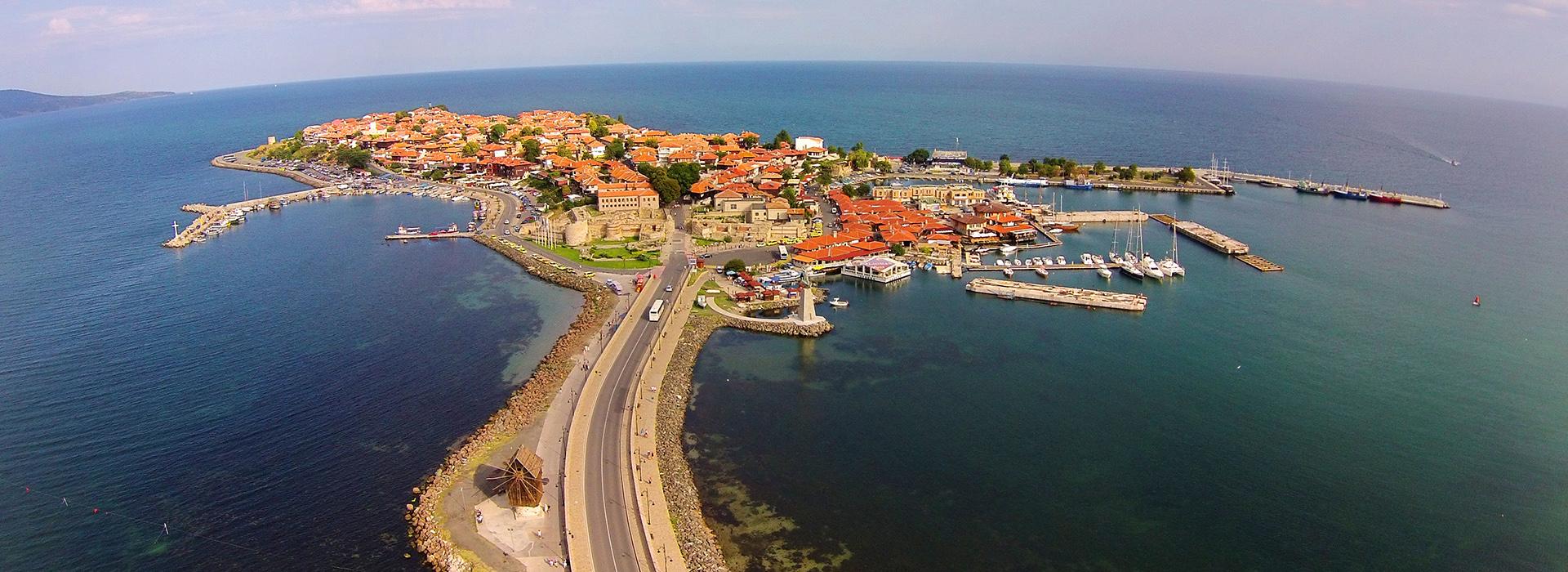
On your first day to Nessebar, walk around the city through the cobblestoned narrow streets, you will feel the century-old history of this city and you can easily imagine how prosperous it was. Once you walked by the fortification walls, you can start your Church tour by taking the street on your right towards Saint Stephen church, where you can admire the 258 original murals. You can then walk to the beautiful Church of Christ Pantocrator. There is a lot to admire from both the inside and the outside! You will be amazed by the preservation of the 10th century Church of St John the Baptist. The church tour continues with the Church of Saint Spas, Nessebar’s only surviving church constructed during the Ottoman period. Since the old Byzantine terms are a few steps away, you might want to peek at what is left of these sumptuous baths. You will see many other Churches on this walk but the Hagia Sophia Basilica is a must-see. It used to be the most prominent religious building on the west coast of the Black Sea for a thousand years! You can finish up this morning walk by going towards the windmill for a restful view of the Black sea. You can start the afternoon by visiting one of the museums (or both if you have time!): the Archaeological museum and the Ethnographic museum.
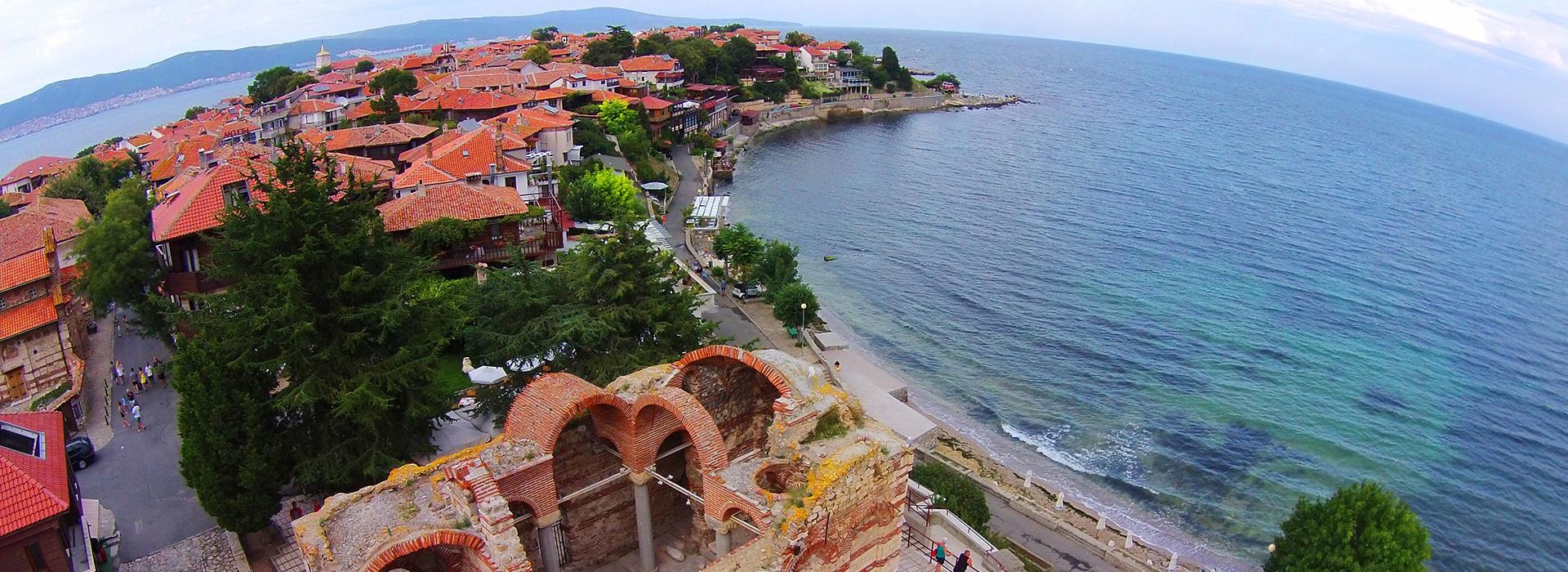
You can continue your afternoon by going to the fishing port and market and if the weather is nice enough, go relax at Sunny Beach and have a swim in the Black Sea, in one of the cleanest beaches of the region! For dinner, treat yourself in one of Nessebar’s restaurants for an authentic Bulgarian meal.
Day 2 - Nessebar, Bulgaria
Now that you have understood and admired the cultural side of Nessebar, it’s time to explore its wilder part. Go behind the city of Nessebar and walk on portions of the 10-hectare sand dunes to admire all sorts of beautiful and rare plants and species.
Then you can take a car to move 11 kilometres north to Sveti Vlas, to the protected area Irakli. This place is unique on the Black Sea for its biological diversity and relatively clean environment. A suggestion would be to prepare a picnic and to book a yacht tour in St Vlas. That way, you will be able to get panoramic views of Nessebar, and swim in hidden coves, at the foothills of the Balkan mountains. The tour is 5 hour long and the yachts even have apartments, kitchens, and barbecues. What a way to discover the Black Sea!
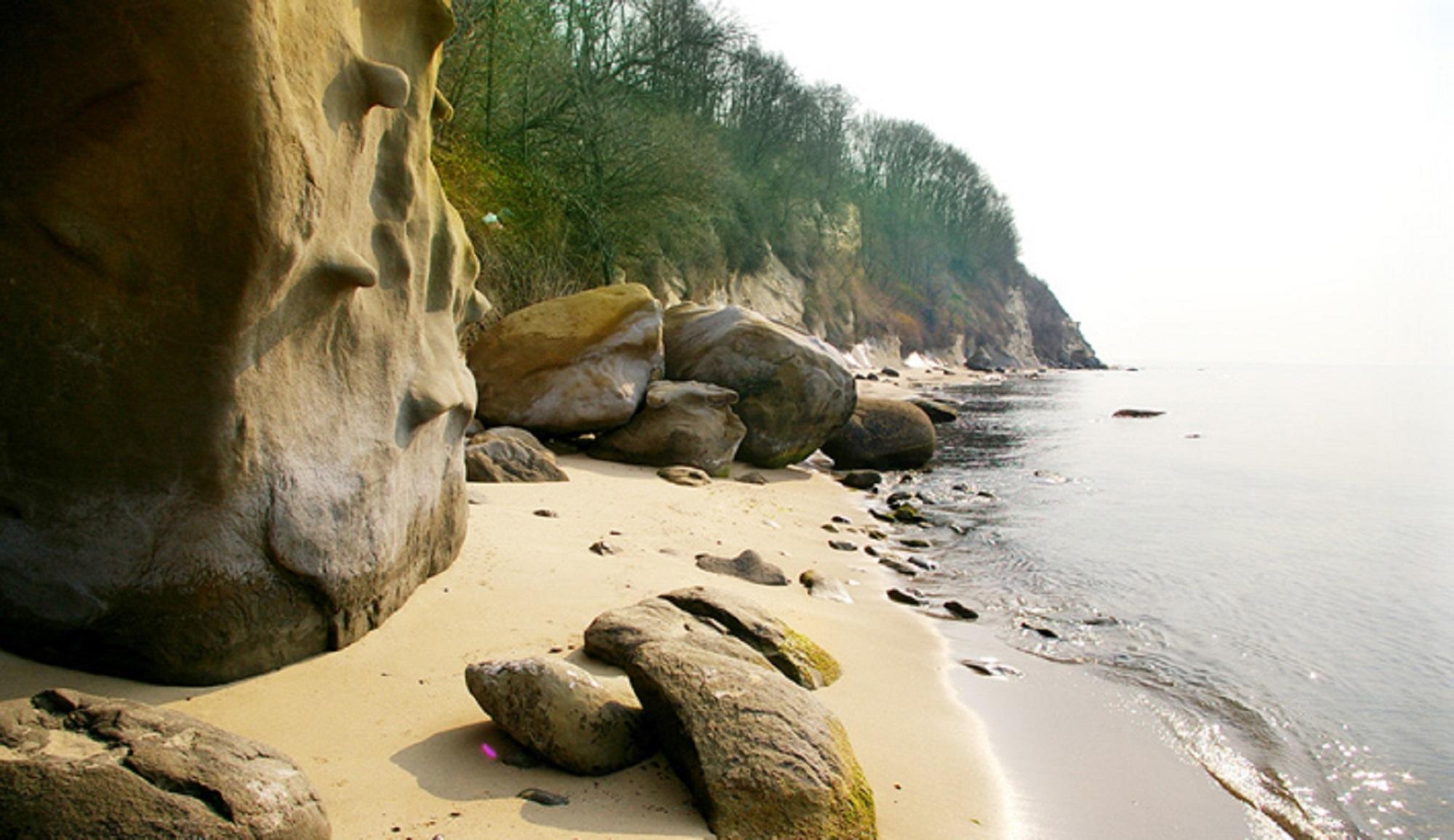
The trip from Nessebar to Epidaurus is quite far regardless the means of transportation. Taking the car gives you the chance to look at the landscape. The journey is 13 hours long; you can start the journey after the day in St Vlas and choose to make a halt at Kavala or Thessalonica before heading to Epidaurus.
Day 3 - Sanctuary of Asclepius at Epidaurus, Greece
You might arrive early afternoon in Epidaurus – which is a two-hour drive from Athens – if traffic is not too bad. You can also take the bus from Athens. This long journey will be worthwhile; wait and see what you’re about to discover… You will be astonished by the history of this place and significance for modern medicine. If you were planning to stay longer in Greece, you might consider visiting this area for a little longer.
When you arrive, you must head to the sanctuary and visit the vestiges of the Antiquity. This place was dedicated to the God of medicine, Asclepius. You can hop at the Archeological Museum of Epidaurus before heading to the Temple of Apollo Maleatas. You can end up this day by driving to Palaia Epidaurus, which is by the sea. You can have a walk in this old village, or even go for a swim. You can also go there to go to the Ancient theatre and watch the sunset on the sea.
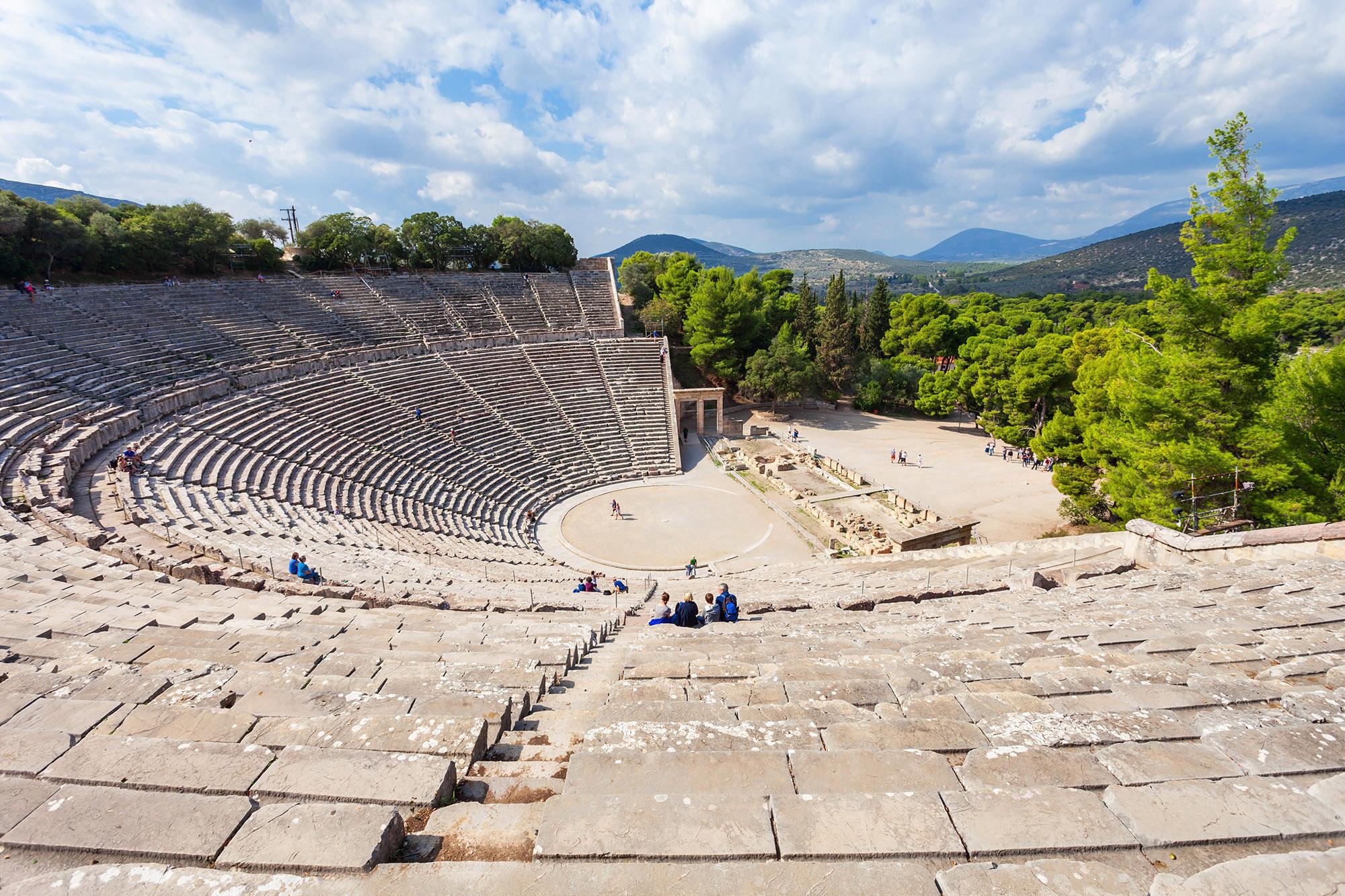
Day 4 - Epidaurus, Greece
From Palaia Epidaurus, drive down to Trachia, to get a taste of the famous Greek cheese that is from this place: feta cheese. Then drive 20 minutes to the Archaeological site of Asine. This city was mentioned by Homer and is overlooking the sea. Visiting the acropolis is also an opportunity to have a beautiful view of the landscape.
You can then go north to the beautiful scenic city of Nafplio. You can walk in the old streets but there are two fortresses you can visit. The first one overlooks the city and the sea: the Fortress of Palamidi. Each one of the 999 steps will be worth it! The second one, the Bourtzi Fortress, is on an island but you can buy tickets to go there by boat. Have lunch and rest for a moment in this charming place.
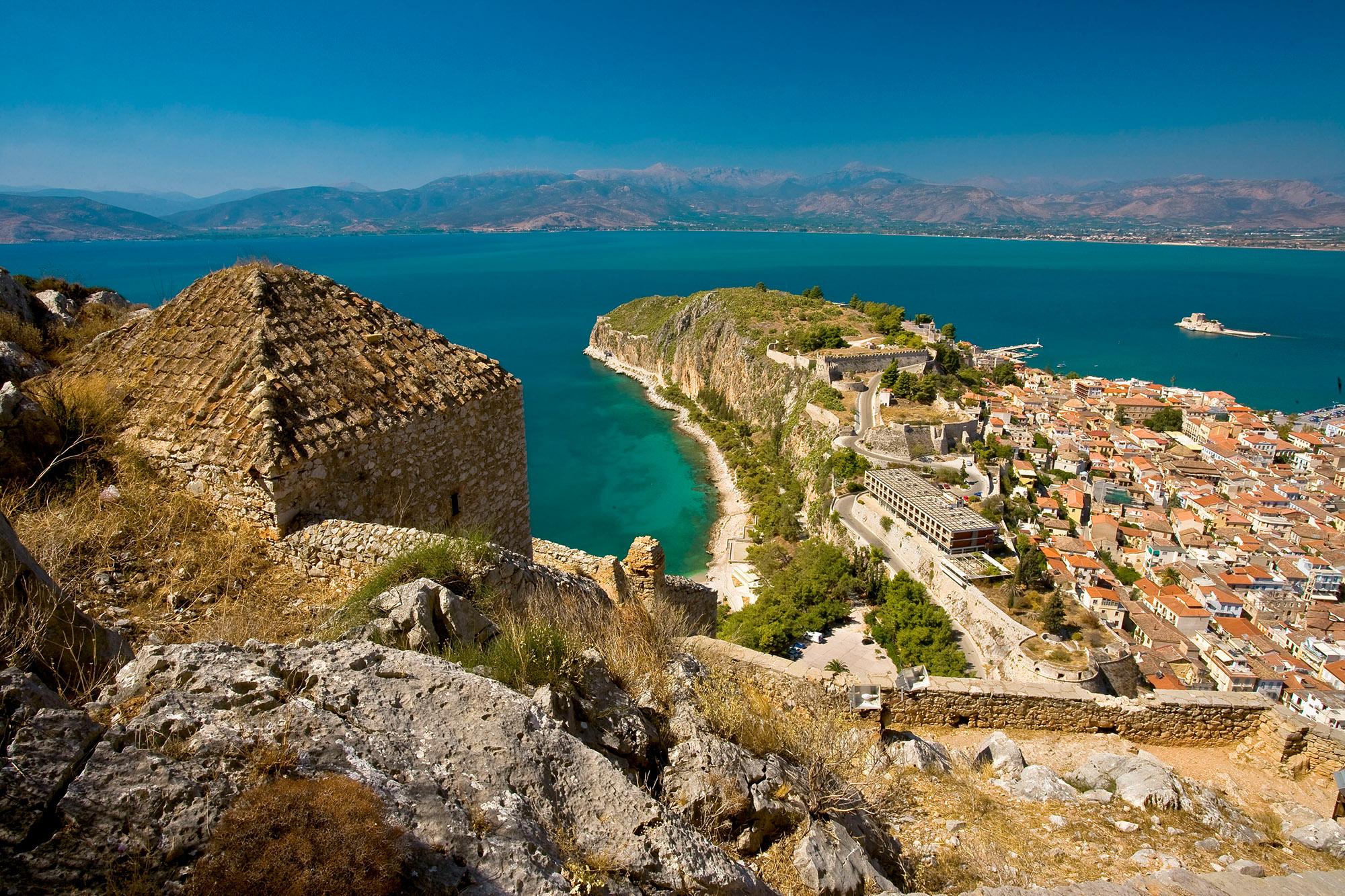
When you feel you are ready for another adventure, you can drive 5 minutes to the Archeological Site of Tiryns, which is surrounded by vineyards. This very old fortress is impressive by the thickness of the walls and the size of the stones that were used to build the fortress.
Go north to the Acropolis of Midea, once controlling the plain of Argolida. Have a walk on what used to be a wealthy centre of Peloponnesus and admire the outstanding view on the plain. The old cemetery is where Dendra was excavated, the most ancient armor found.
End up this history-filled day by a 30-minute drive to Argos, which has many secrets to reveal. On top of the Larissa hill, the old fortress still stands. This hill has been fortified since the 6th century BC. You must go to the ancient theatre, which is one of the largest in Greece with a capacity of 20,000 seats. The city contains many archeological excavations at its core, with an Agora, a sanctuary of Apollo and Athena…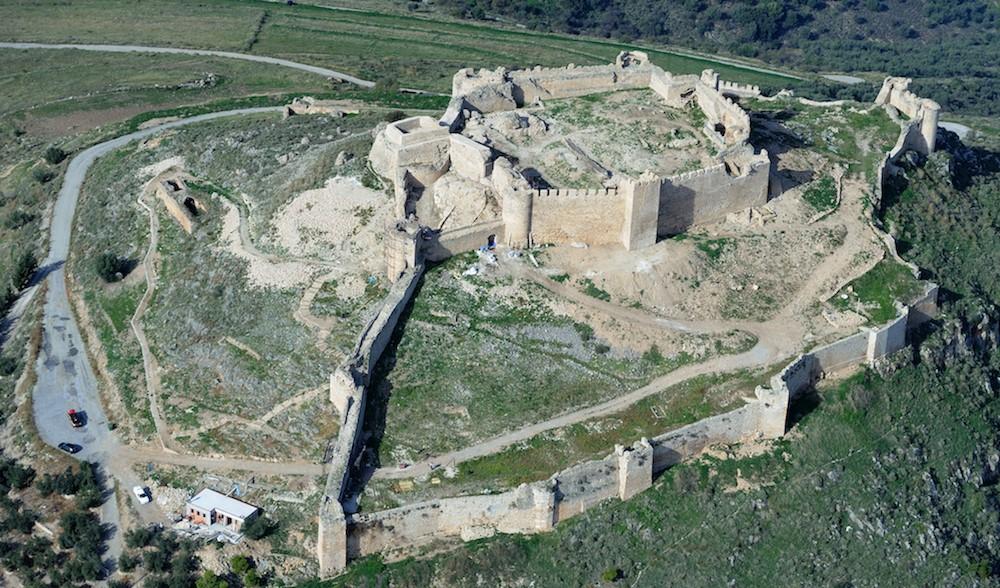
Day 5 - Archaeological Site of Olympia, Greece
Your next adventure will be on the western side of the island, 2 hours ½ away from Argos, in Olympia. Fortunately, one part of the journey is alongside the sea. If you have time, you can hop at the Temple of Apollo Epikourios in Bassae. Once you arrive in Olympia, you can park your car and wear your walking shoes.
Walk around where the Olympic sporting events used to take place: the stadium, the hippodrome, the Villa of Nero, the Temple of Zeus, Leonidaion, Palaestra, and many more! You can then walk to the Sanctuary of Demeter Chamyne and have a picnic.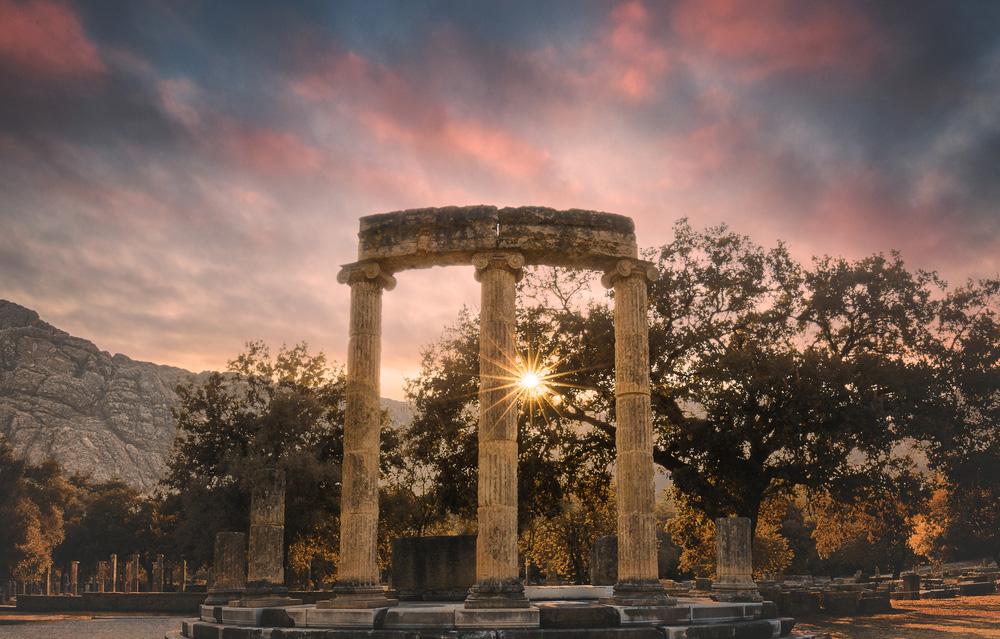
Then you can explore the beautiful Archaeological Museum of Olympia, but make sure to walk by Pierre de Coubertin’s grove. There are many more museums to explore in Ancient Olympia. Before leaving, you should know that 2 kilometres away from Olympia, you can find wineries. You will also find some on your journey to the next stop.
One hour away from Olympia, you can go to the place where the Olympic Games were prepared in Killini. You can find many ancient remains in this old port.
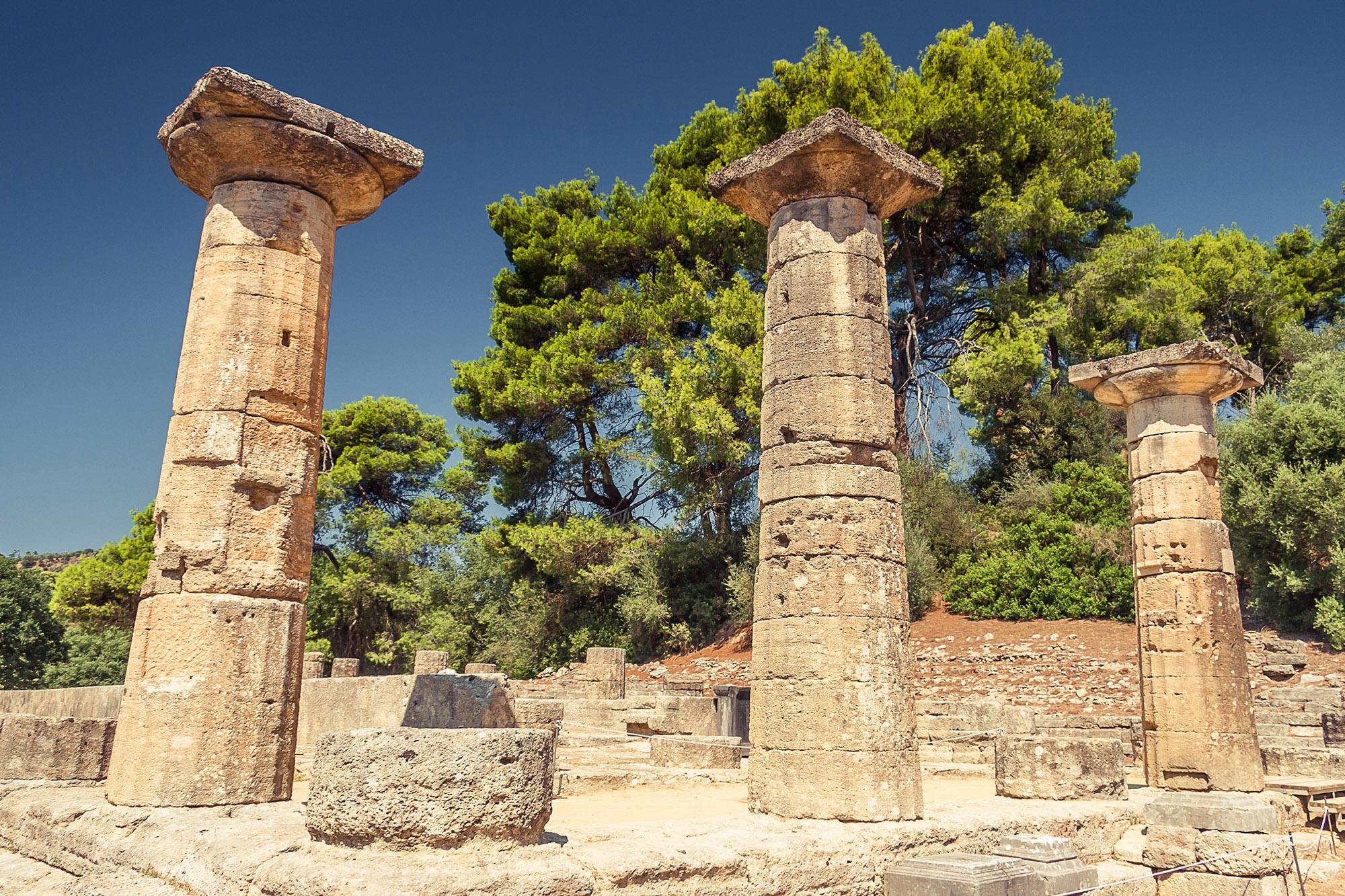
Day 6 - Olympia, Greece
If you are not yet tired of Greece, you can have a quick look at the 13th century Chlemoutsi Castle. Then, you can head back to Athens. But make sure to stop at the Archaeological site of Elis.
You have half a day to visit this historic city. Athens has so much to offer that you won’t be able to do all of it in one go. Extending your holidays with one or two days won’t be too much…
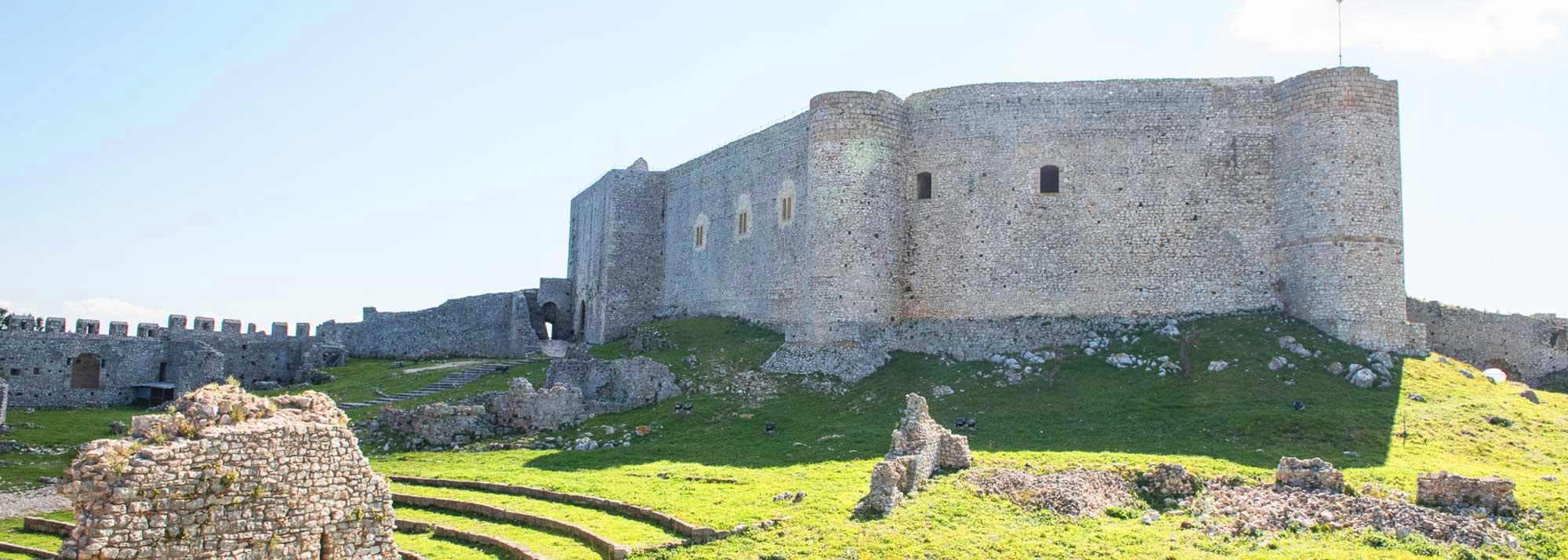
Day 7 - Athens, Greece
The last stop of this journey is Athens, which is the cradle of Western civilisation and the birthplace of European philosophy. You can imagine what Socrates, Plato and other thought masters were thinking here. There are many historical sites and plenty of art works in Athens. The most famous one is the Parthenon of the Acropolis, which is considered as the symbol of Western culture. Walk through the city, and you will be inspired by both the millennium history temple and the azure Aegean Sea.